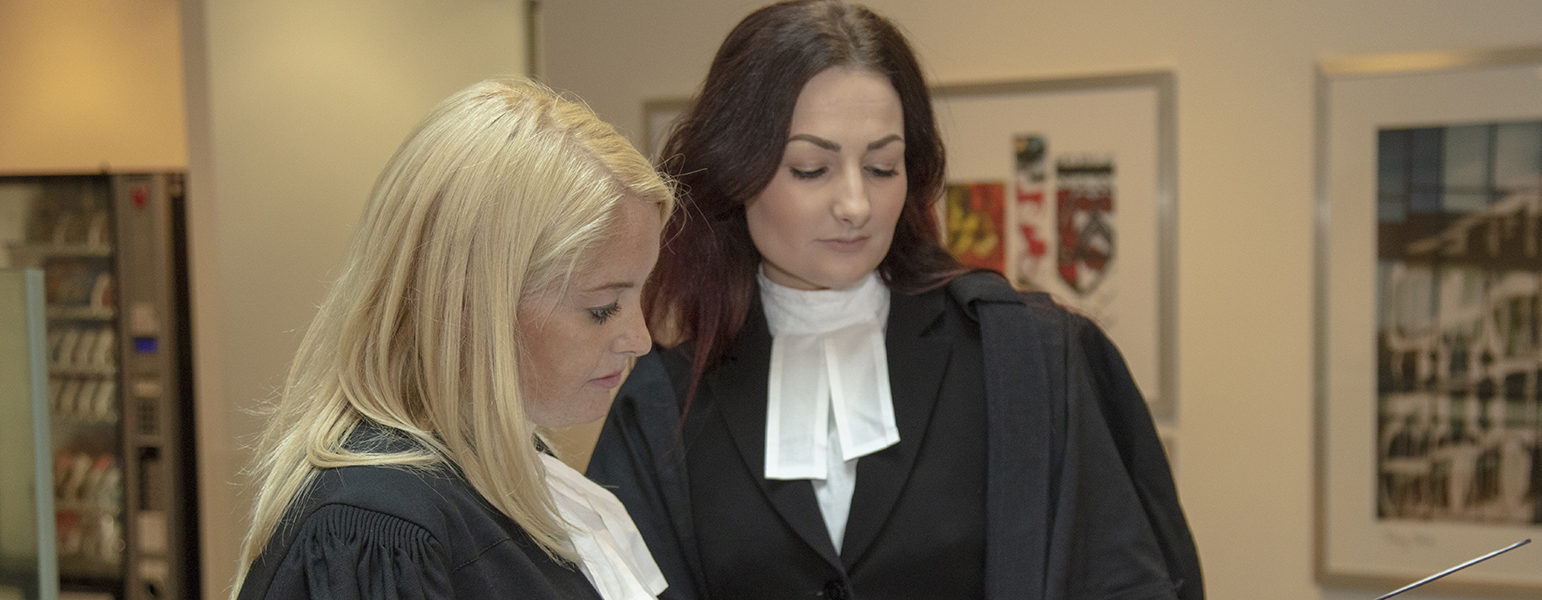Guyana 2020
Introduction
The ICCA was asked by Maia Hibben, Justice & Security Policy Officer, CSSF Programme Manager, Port of Spain, to deliver this particular training in Guyana. The ICCA is indebted to two experienced Inns’ trainers, Kama Melly QC and Jeremy Wainwright QC who travelled to Guyana to deliver this training. The course was run over two days .
The training
Day 1 in the morning was divided into three sessions. The first hour involved general introductions; a discussion about the law and procedure in the courts of Guyana and what measures were currently available. This was important to enable the trainers to structure the training appropriately. The second session of the morning involved a talk from Kama Melly QC on the background and purpose of VW training. This summarised what is available in the background material and gave an update on current thinking as the VW experience has progressed. The third session involved case analysis. This was important to ensure all delegates were sufficiently prepared before moving on to question preparation.
During the afternoon of Day 1, trainers went on a court visit and afterwards, delegates were divided into groups of four to prepare together one examination-in-chief and one cross-examination per group. The trainers acted as roving support giving assistance and encouragement with the groups. With two trainers and 26 delegates, this proved to be an effective training plan.
Day 2 was devoted to advocacy training. Each delegate, in groups of four, performed one examination-in-chief and one cross-examination and was Hampel reviewed by the trainers. There was then a short discussion at the end of each group involving the more general points. Emphasis was on the A&V teaching points rather than general advocacy training. The delegates acted as witnesses.
Delegates
There were 24 delegates. The DPP and deputy DPP attended and participated fully. 16 were High Court prosecutors from the DPP’s office. Four were prosecutors from the Magistrates’ Courts. There were fewer defence advocates who attended only as observers in the end.
There was initially a need to address some paucity of pre-course preparation. However, Day 2 went very well. The small group work at the end of day 1 helped all the participants to get up to speed and this was reflected in the fact that most delegates attended with a list of pre-prepared questions. Given the ratio of delegates to trainers, it was not possible for the trainers to read through all the questions, but the relevant issues emerged during the advocacy sessions. It became apparent that the delegates quickly grasped the appropriate methods expected of them. They self-corrected on their feet.
The short group discussions demonstrated that other issues, that were not picked up in the Hampel reviews, were spotted and the training quickly moved from errors to improvements as participants learned from observing.
The DPP of Guyana was very involved in the course and keen for us to liaise with the local Judiciary. Trainers met with the DPP the day before the training and discussed a number of legal matters including the use of intermediaries. This meeting informed the focus of some aspects of the training. Trainers went on a visit to the High Court on Day 1 of training to see the Sexual Offences Court and Kama Melly QC discussed with the SO Judge various measures. On the Wednesday morning after the course had finished, we went by invitation to meet with the Chief Justice of Guyana. This meeting involved a discussion about various aspects of VW handling. She expressed an interest in the judicial role played in the UK.
Judicial Training
Many of the delegates pointed out that there was a real need for judicial training given that most of the local judges would not be familiar with special measures and good practice in this field. We agree that without this, this new area of practice may be slow to gain traction. The local Judiciary were positive about the training and keen to learn about how the Judiciary conducted vulnerable witness cases in the UK.


